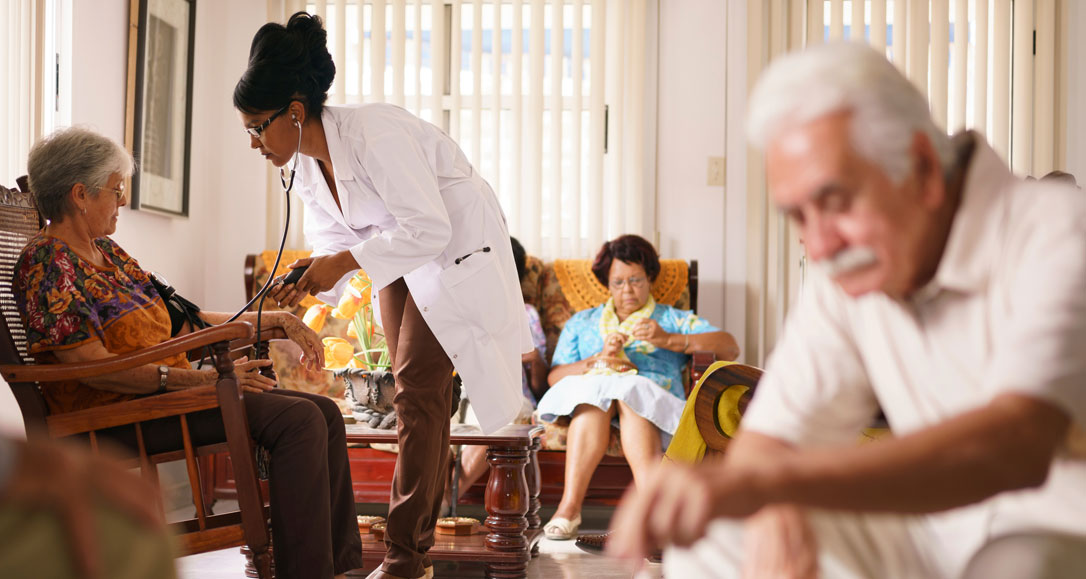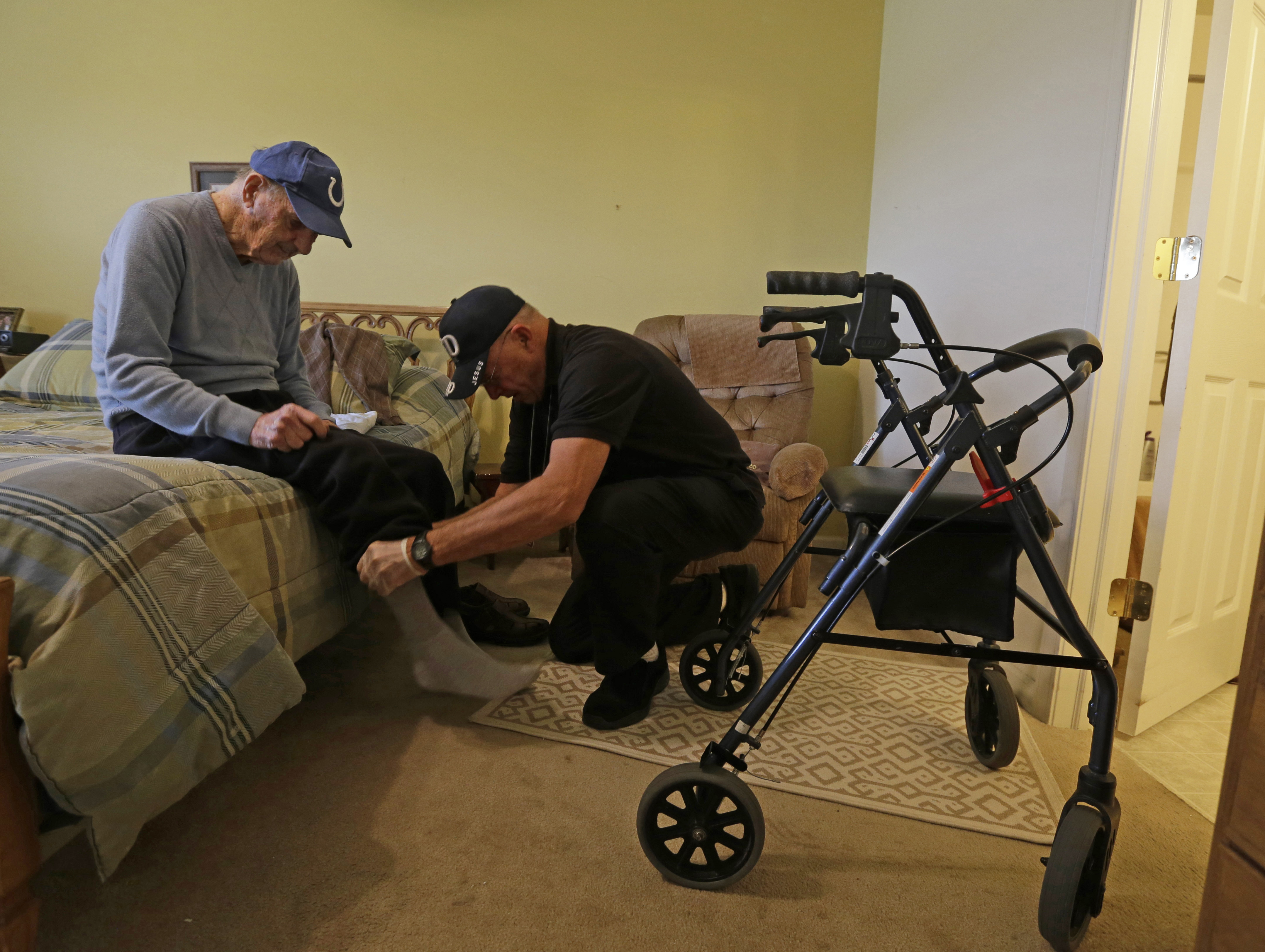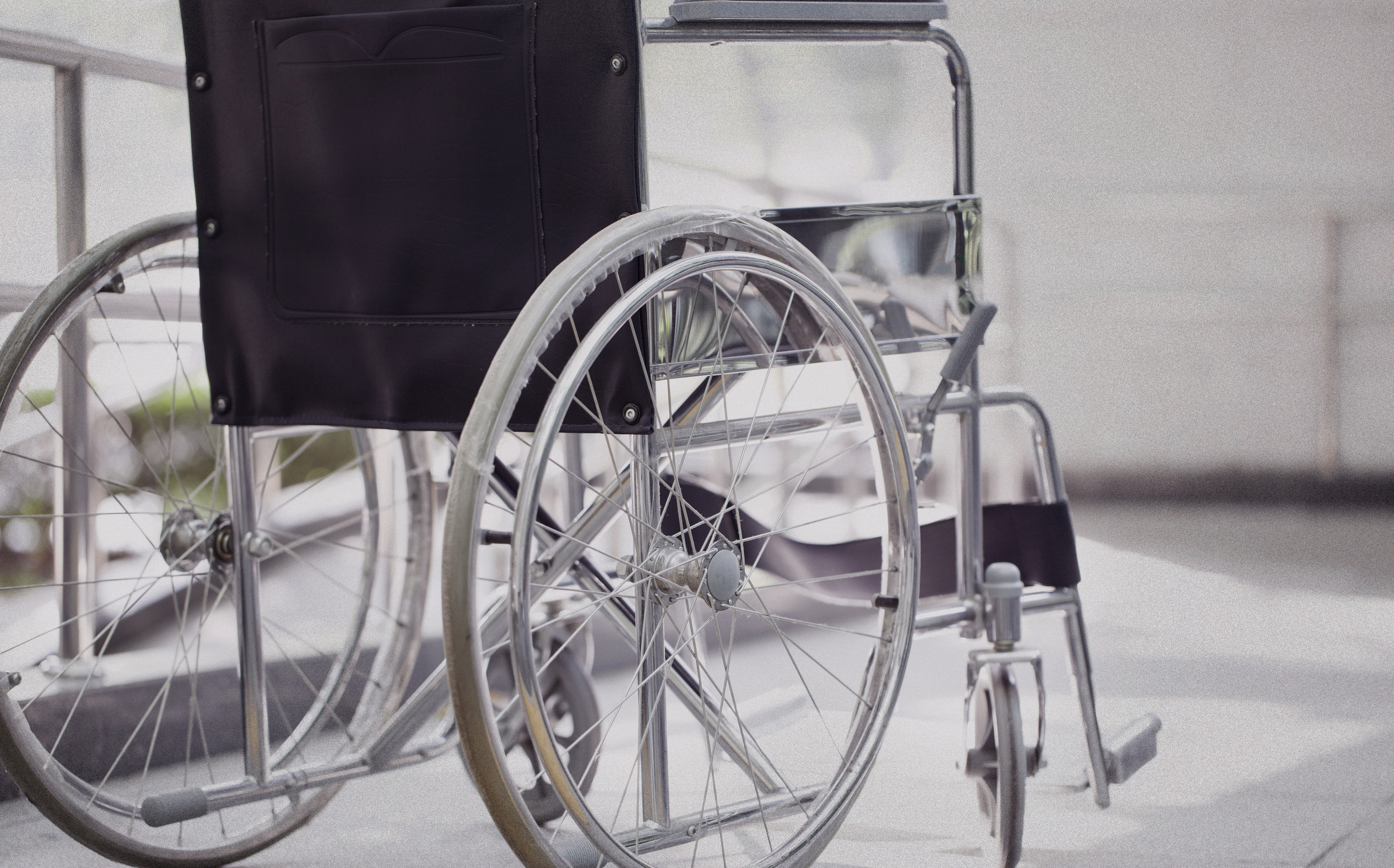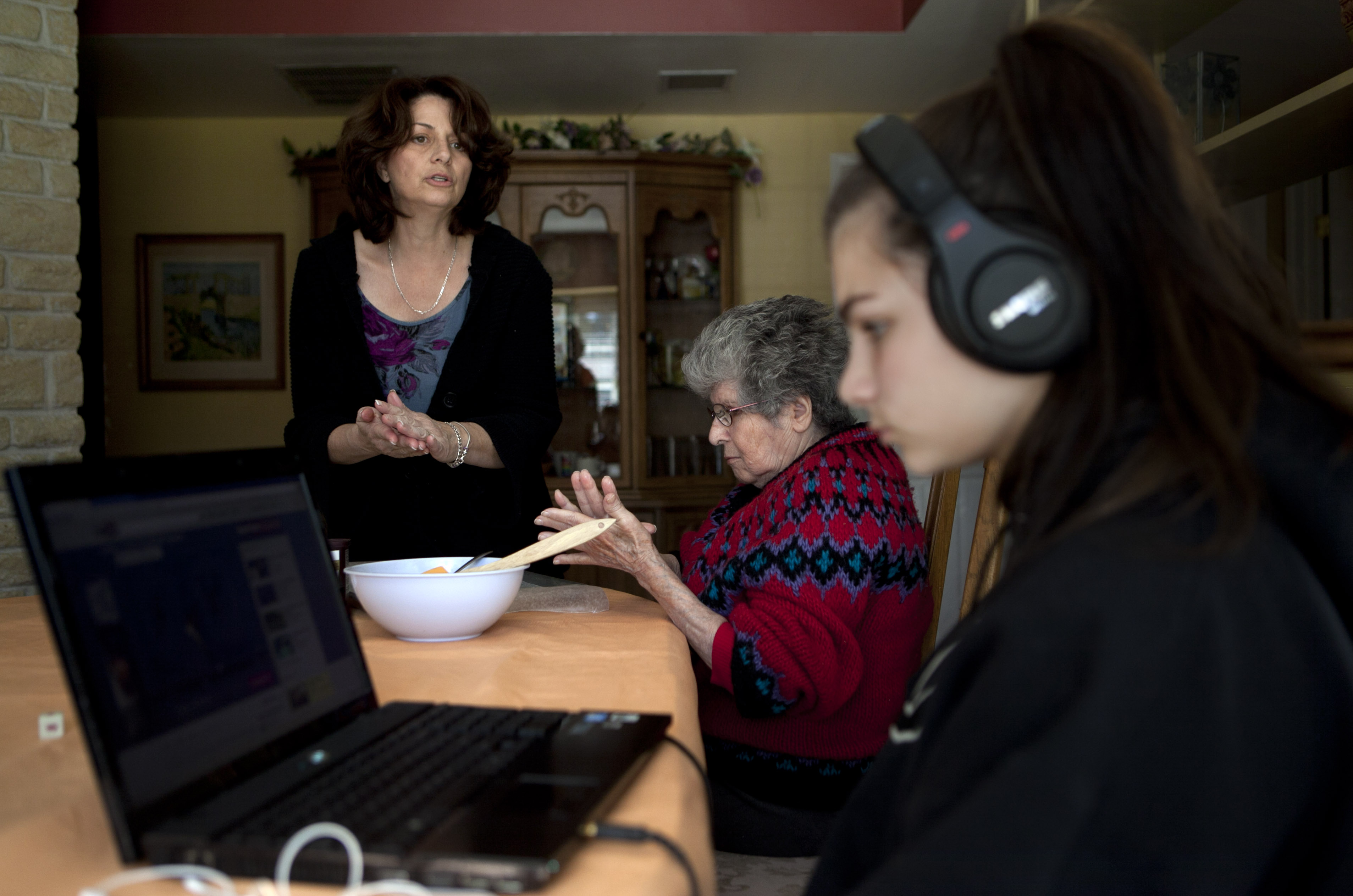
©iStock/Diego Cervo
The Associated Press-NORC Center for Public Affairs Research is conducting a series of studies to explore expectations and preparation for, and attitudes towards, long-term care among Americans age 40 and older. These studies have included deeper analysis of the experiences of Hispanics, an important and growing demographic group.
The results of the survey indicate that, like older Americans overall, most Hispanics age 40 and older wish to receive ongoing living assistance in their own home, and they would prefer for a loved one needing care to move in with them as well, so they could provide care in their own home rather than in the home of the loved one. The survey also reveals that many older Hispanics expect to provide care to an aging family member or friend in the next five years, though few feel prepared to do so. They express moderate levels of concern about a variety of issues that could arise with aging, including losing their memory or other mental abilities, losing their independence and having to rely on others, and leaving debts to their family.
The U.S. Census estimates that the Hispanic population will more than double by the year 2060, and Hispanics age 65 and older are expected to make up 21 percent of Americans in that age group. The portion of the country’s overall population age 65 and older is expected to spike in the coming years, and, with a majority of these seniors expected to need help with daily activities like cooking, bathing, or remembering to take medicine, the study of attitudes on this specific issue among this specific group becomes all the more critical.
The 2016 study, funded by The SCAN Foundation, includes interviews completed with a nationally representative sample of 1,698 Americans age 40 and older, including oversamples of 400 Hispanics and 526 residents of California.
Three Things You Should Know
From The AP-NORC Center’s 2016 Long-Term Care Poll
Among Hispanics age 40 and older:
- Just a third of those who expect to provide ongoing living assistance to a loved one are confident in their ability to do so.
- 74 percent would prefer to receive care for themselves in their own home, but just 26 would prefer for their loved ones to stay home to receive care.
- About 4 in 10 worry about deteriorating mental abilities, losing independence, and leaving debts to family as they age.



